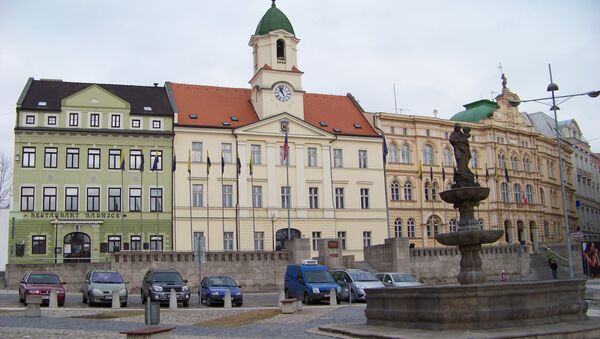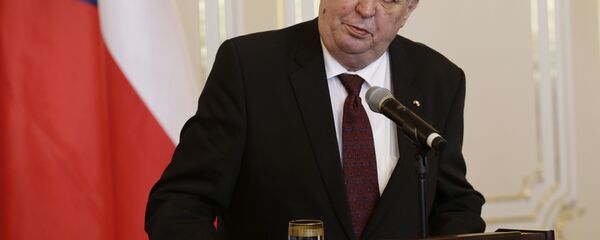The area's warm springs and health spas have proved a hit with Arabs, but their behavior has pleased local people less. As a result, for a second year, the authorities are distributing leaflets in Arabic which explain local customs and rules.
"We are all used to people bathing in the pool in swimming costumes and swimming trunks, which cover the body but are made from an appropriate material adapted for this purpose. We have had Arab women swimming in their ordinary clothes. We want to avoid this kind of situation," Teplice deputy mayor Hynek Hanza explained.
As well as causing a stir at the swimming pool, local residents also complain that Arab guests leave trash in the town's parks, and are noisy at night.
"The leaflets show where the town's children's play areas, squares and parks are located so that Arab guests don't just congregate in one place, which can cause problems and clashes with the locals," Hanza said.
The flyers, which have been distributed with the help of tourist agencies, also feature helpful diagrams to get key messages across, such as the need to observe the speed limit.
Last year some Middle Eastern emigrants who have been living in the Czech Republic for a long time helped to bridge the cultural gap, by putting up signs in Arabic, and picking up litter.
Abbas Ikhaf, a Syrian emigrant who has lived in the Czech Republic for a long time, acted as an assistant to the authorities by explaining local customs to Arab guests, who seemed better able to take the advice on board from a fellow Arab speaker.
Ikhaf, who is taking on the responsibility again this year, said that some "multicultural days" which also take place in Teplice are a good chance to build bridges.
"This is a possibility to get to know each other, talk about the difficulties. A lot of people from Teplice perhaps don't even know what Muslims are like. They only know them from the news," he explained.
However, locals told Radio Praha that they remain unconvinced about the prospect that the leaflets, or multicultural events, bring the communities closer together.
"I don't think that the guests don't know how to conduct themselves here," said Iva Prochazkova, who lives close to the park which is popular with Arab guests.
"They have televisions and news as well, where they talk about the traditions and customs in Europe. I think that this is really about the desire to observe the rules. Our mistake is that we give in to them, and make endless exceptions."
"The guests who come here very quickly get used to us not requiring them to observe the rules," she said.




